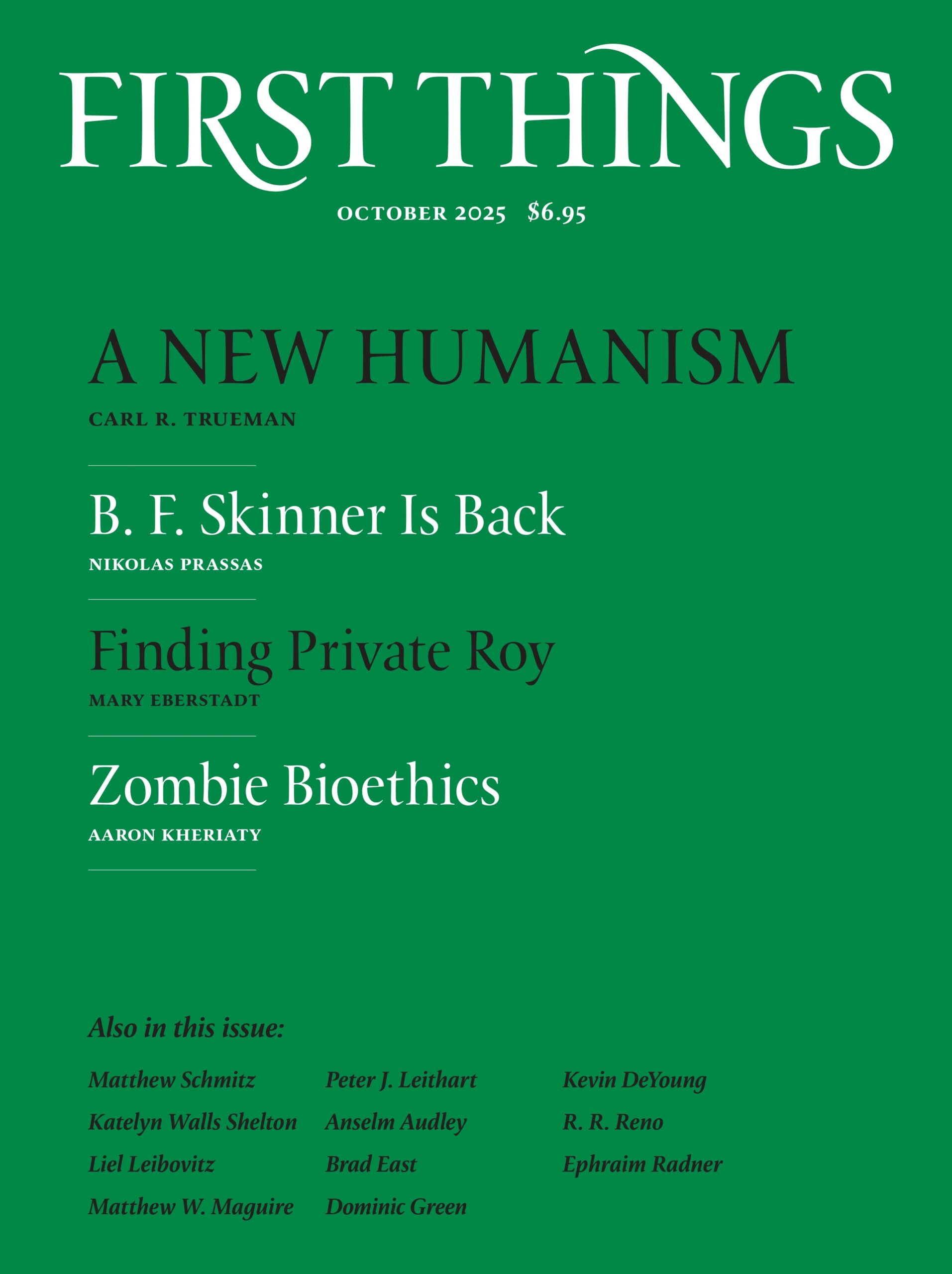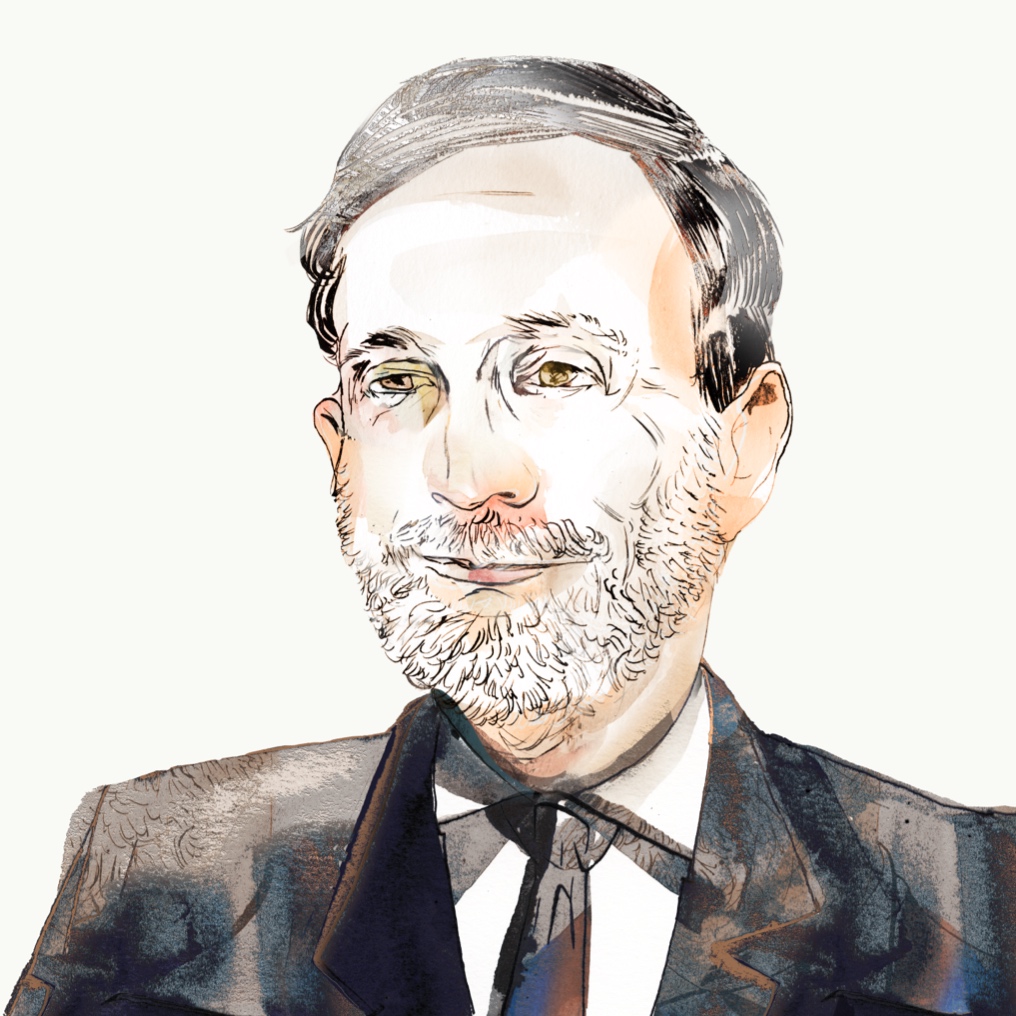
On August 7, Ross Douthat interviewed Noor Siddiqui on his podcast Interesting Times. Siddiqui is the founder and CEO of Orchid, a company that performs comprehensive genetic screening of embryos that are used in IVF. It was a revealing conversation.
At the outset, Douthat probes the accuracy of Siddiqui’s claim that her company provides reliable genetic information. Those familiar with Elizabeth Holmes and the deceptive practices of her company, Theranos, have learned to be wary of biotech entrepreneurs, who have an interest in hyping their products. And there’s a utopian side to biotech, which likewise encourages overselling results.
As the interview proceeds, Douthat turns to important moral questions. Siddiqui makes much of her desire to provide parents with the tools to help their children avoid suffering. She cites her mother, who began to lose her vision as a young adult. Who would want her child to endure a genetic disease?
But as Douthat points out, employing technology to weed out embryos with defects amounts to ensuring that people like Siddiqui’s mother will not be born—indeed, it implies that it would have been better if her mother had not been born. Something like the Nazi category of “life unworthy of life” hovers uncomfortably in the background of Orchid and its use of technology to identify defective DNA in embryos so that implantation and birth can be avoided.
And then there’s the inconvenient fact that IVF produces more embryos than can be “used.” The term itself introduces the unsettling notion that human life is something we make available to ourselves for our own purposes—or disposal. When it comes to current technology, if the goal is eugenic selection, there’s no way around the need to produce embryos outside the womb so that the biological material for genetic testing can be gathered. And they must be frozen, held in reserve so that, once test results are received, the parents (owners?) of the embryos can make their selections.
Siddiqui reports that she and her husband have sixteen embryos on ice, ready for “when the time is right.” She wants two boys and two girls, whom she will pick out of the embryo tray, guided by the Orchid reports as to which enjoy the most genetically auspicious profiles. (If you’re starting to feel queasy reading this, you’re not alone.)
Throughout the interview, Siddiqui repeatedly emphasizes that her company is helping parents make choices. If you have moral concerns, then you can steer clear of this technology. Nothing is being imposed! Or is it? For this celebration of empowerment is silent about the embryos, who are objects of choice rather than subjects. It’s a convenient omission.
Douthat is skeptical of Siddiqui’s claim that nobody is or will be coerced. The utilitarian logic of embryo eugenics will not be satisfied by the single criterion of free choice. Things will go further, as they always do. How can a responsible society allow people to bring children into the world the old-fashioned way, when that method ignores genetic screening, which promises to limit disease and suffering? Here is Douthat’s entirely plausible speculation:
I think it very likely, in the future where the Orchid process becomes a kind of norm, that you get a whole set of medical pressures. Like, what are you, a bad parent? You are not going to test your [prospective] kids? You could imagine a kind of tipping point or cascade where you go from “This is a choice that a certain number of parents do” to “This is the expectation that the medical system imposes on expectant parents.”
In fact, we are already at this point. Today, tests are performed on pregnant women that often end with strong counsel in favor of abortion, if results show the possibility of genetic defects. The pressure will only increase as the technological means for eugenic selection become more effective.
Douthat also wonders whether a technological and calculating approach to bringing children into the world fundamentally alters the meaning of motherhood and fatherhood. Certainly, the husband and wife must do something to produce a child. There is a choice. They need to engage in sexual intercourse. But there’s a greater element of givenness. The child “comes,” as it were, not always, but sometimes. In the language of the Bible, the child is begotten, not made.
Douthat presses his question: “If 90 percent of babies are born through IVF, and having sex and having a baby out of that becomes this weird thing that the Amish do, aren’t you pushing some really important and intimate aspect of human experience out of human experience?” Put simply, isn’t a eugenic approach to childbearing dehumanizing?
Siddiqui finds the question baffling. She cites her company’s maxim: “Sex is for fun, Orchid and embryo screening is for babies.” The moral myopia is astounding. But is it surprising? As Siddiqui points out, because of the almost universal use of contraception, “Sex is already for fun and not for babies 99 percent of the time.” She goes on to underscore the utilitarian dynamic that’s very likely to ensure that Douthat’s worries are well founded. Siddiqui: “I think that the vast majority of parents in the future are not going to roll the dice with their child’s health.”
Count me among those who see danger and darkness in Siddiqui’s prediction. In the early decades of the twentieth century, many elites became convinced that communism and socialism marked a new and higher stage of progress. Economic life had to be brought under the control of reason. It needed to be planned and managed at every level. At first, good results seemed to flow from this approach. After a visit to the Soviet Union in 1919, the American journalist Lincoln Steffens intoned, “I have seen the future, and it works.” But soon enough, “rational planning” brought inefficiencies, sclerosis, oppression, and mass starvation.
In my lifetime, elites became convinced that we were called to engineer a new, more diverse, inclusive, and equitable culture. This dream of reason motivated a massive effort to uproot traditional social norms, even to the point of regulating the use of pronouns. The upshot, as we now know, is not a wonderful culture of rainbow solidarity, but instead a dysfunctional, sour, and polarized society populated by atomized, unhappy people, many of whom are debilitated by mental illnesses or suborned by self-destructive addictions. Again, “rational planning” failed. An engineered culture is as dysfunctional as an engineered economy.
We are now poised to embark on an even more ambitious dream of reason, one that aims to improve upon the crude mechanisms of evolution. This eugenic project, advanced under the flag of choice, is sure to follow the pattern of earlier dreams of reason. God’s created order is minute and complex. Our eugenic efforts will disrupt the natural order in ways we cannot foresee, creating a genetic ecosystem as clotted and broken as the economy of the Soviet Union.
The greatest threat posed by eugenics practiced on a mass scale is not that it will succeed, and that we will be dehumanized by a brave new world—although that, too, may come to pass. No, the more profound peril rests in its almost certain failure and the resulting mess we will make of the fundamental building blocks of life.
The Cambrian Implosion
A historical moment ago, it was too obvious for words, but: Life is a blessing. So to…
Undermining the Church’s Public Witness
Bishop Thomas J. Paprocki recently wrote in these pages that the Archdiocese of Chicago’s plan to grant…
Zombie Bioethics
A recent article in MIT Technology Review carries the strange title, “Ethically sourced ‘spare’ human bodies could…


